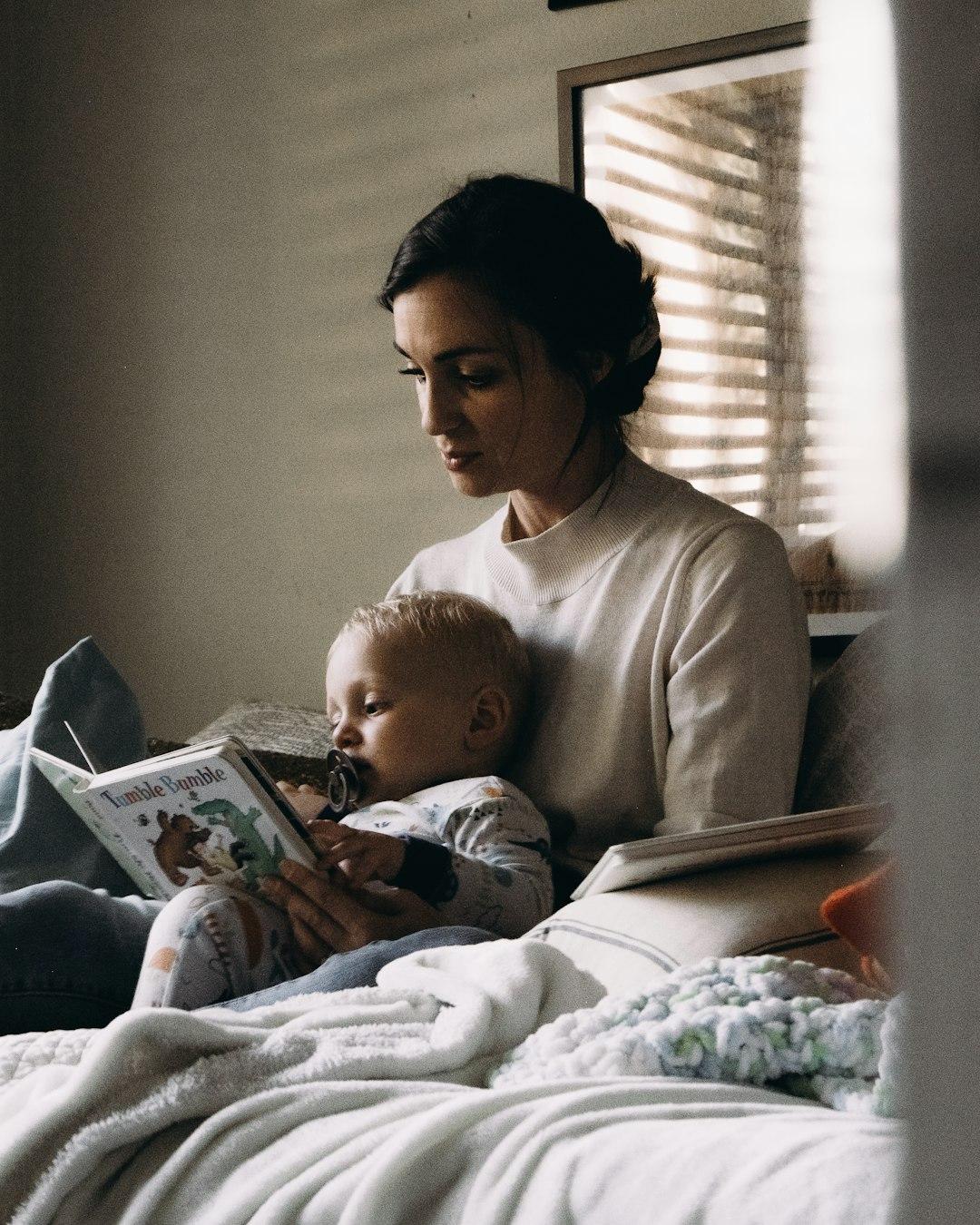
The Power of Rhythms: How Predictability Supports Children’s Mental Health
As a mom of three, I know firsthand how chaotic life with young children can be. One minute you’re enjoying a peaceful breakfast, the next someone is crying over the wrong color cup. Add in school schedules, sports practices, and screen-time negotiations—and things can spiral quickly.
While we can’t avoid all of life’s chaos, we can create simple, comforting rhythms that help our kids feel safe and supported. Predictability is powerful. It reduces stress, supports emotional regulation, and gives children a sense of control in a world that often feels big and confusing.
And if you think about it, isn't like better for us when we can predict our day and are in a rhythm (or as some call it, routine)? Children are no different.
Why Rhythms Matter for Mental Health
Rhythms aren’t just about managing time. For kids, they help regulate emotions, reduce anxiety, and promote a sense of stability. When children know what to expect, they feel more secure—and secure children are more likely to be calm, and confident, and cooperative.
Consistent rhythms can:
Reduce power struggles
Promote better sleep and eating habits
Support smoother transitions between activities
Increase self-confidence and independence
Provide a foundation for self-regulation
When rhythms are built into a child’s day, they learn the rhythm of life and develop an internal sense of time and trust.
Rhythms, Not Routines
The word “routine” can sometimes feel overwhelming—like everything has to be done at the same time, every single day. But life isn't sustainable like that and when you become rigid with time schedules, anxiety and fear can peak. We are much better when following rhythms—predictable flows that anchor your day.
Even something as simple as:
Wake up → brush teeth → get dressed → breakfast
After school → snack → play → homework
Bedtime → bath → books → lights out
…can create powerful touchpoints that ground your child’s nervous system.
🧘♀️ How Rhythms Support Emotional Regulation
Transitions are often when meltdowns happen. Consistency reduces the emotional friction that comes from surprises or uncertainty. When kids know what’s next, their brains can shift gears more smoothly—and their behavior reflects that.
This is especially important for young children and those who are highly sensitive or easily dysregulated. Predictability allows their bodies and brains to relax.
One of the best tools I’ve seen work in both my home and my Mini Me Yoga classes? Using a visual chart with pictures. Kids love having a “map” of their day and checking off each step. It builds independence and reduces repeated questions.
🎨 Adding Calm to Your Day with Mini Me Yoga
At Mini Me Yoga, we help families create simple, joyful rituals that support emotional health through movement, breath, and mindfulness. Even a 5-minute yoga or breathing strategy in the morning or before bed can make a world of difference.
Here are a few ways to bring calm into your daily flow:
Morning Stretch & Breathe: 3 poses and 3 deep breaths to start the day
Midday Reset: A quick breathing buddy break or dance party
Evening Wind-Down: A few calming poses with dim lights and soft music
When these strategies are repeated with love, they become cherished habits/rhythms—ones your child will carry for life.
🌈 Want help creating a calmer and confident home?
Let’s build rhythms that support strong bodies and calm minds.
📩 Schedule a private Mini Me Yoga session for your child’s group and learn tools to anchor your day with peace and presence.
